In recognition of Rev. Dr. Martin Luther King Jr.’s remarkable and noteworthy contribution to making the American society more equal and inclusive, the third Monday of every January is celebrated as Martin Luther King Jr. Day in the US. In this context, a perusal on King’s connection with India would unravel two unique components, a direct one that he himself acknowledged and an indirect one that is less discussed but equally important.
The first one relates to the application of the idea of nonviolence to the Civil Rights Movement in the 1950s and 1960s, which was tried and tested to be effective in India in gaining independence from the British. Mohandas K. Gandhi, being the architect of the nonviolent movement, was a key source of inspiration for King. Although King was familiar with the concept of Civil Disobedience that Henry David Thoreau advocated in 1848 from which Gandhi drew inspiration, he came to know of Gandhian philosophy of nonviolence in 1948-49 when Dr. Mordecai Johnson, president of Howard University, gave a lecture on the theme after returning from a trip to India. In Stride toward Freedom: The Montgomery Story King writes: “His message was so profound and electrifying that I left the meeting and bought a half-dozen books on Gandhi’s life and works.”
Yet, he had his own apprehensions about the efficacy of nonviolent movement as David Garrow highlights King arguing, “Gandhi’s success in India did not mean that the pacifist approach would work everywhere.” A brief glimpse into the speeches King gave in the first few days of the 381-day Montgomery bus boycott he made no references to Gandhian philosophy of nonviolence. In fact, he spoke of Christian love and protests to go hand in hand. Soon after, citing Juliette Morgan’s letter to Montgomery Advertiser that compared the boycott with the Gandhian movement in India, King goes on to say, “Christ furnished the spirit and motivation, while Gandhi furnished the method.” Around the same time, Glenn Smiley and Bayard Rustin, robust advocates of pacifism and Gandhian philosophy, seemed to have played a role in persuading King to factor the idea of nonviolence into the bus boycott and thus he started speaking of the importance of its centrality as the movement progressed in Montgomery. Thus King’s tryst with nonviolence began.
Thereafter he gave considerable thought to the idea of nonviolence that eventually culminated in some of the finest insights. Articulating “that pacifism is not nonresistance to evil, but nonviolent resistance to evil,” King goes on to unpack six foundational facets of nonviolence. First, “nonviolent resistance is not for cowards; it does resist.” Second, “it does not seek to defeat or humiliate the opponent, but to win his friendship and understanding.” Third, “the attack is directed against forces of evil rather against persons who happen to be doing the evil.” Fourth, the willingness to accept suffering without retaliation characterizes nonviolent resistance. Fifth, “it avoids not only external physical violence but also internal violence of spirit.” Sixth, nonviolent resistance “is based on the conviction that the universe is on the side of justice.”
As the Civil Rights Movement gained momentum after the success of Montgomery bus boycott, the imperative to ensure that it remained steadfast in their commitment to nonviolence became a robust element, particularly in the wake of calls for violent resistance from some quarters. King made it a point to underscore the significance of nonviolent resistance in every speech he made and in every protest march that he participated so much so that he is often called American Gandhi. After the success of nonviolent bus boycott in Montgomery, King wanted to visit India, not as a tourist but as a pilgrim, which eventually fructified in 1959. He described the visit as a trip to the land of Gandhi in one of his articles published in Ebony in July 1959. Having met Gandhi’s family members, several leaders including Jawaharlal Nehru, the then Prime Minister and spoken in a few cities and interacted with thousands of students, King writes that he “left India more convinced than ever before that nonviolent resistance is the most potent weapon available to oppressed people in their struggle for freedom.” This includes those who are oppressed socially, politically and economically in India and across the world.
The second indirect connection pertains to the struggles that the marginalized communities, particularly the Dalits have been facing in India for more than 3000 years being identical to the struggles that the African Americans faced for over 300 years and continue to face even now. In fact, King’s struggle for equality, dignity and justice for his community is akin to what Dr. B. R. Ambedkar and several other social reformers such as fought all along for the Dalits and other marginalized communities in India. Various social movements such as Mahad that Ambedkar spearheaded before independence have some resemblance to the Civil Rights Movement in the US.
Interestingly, the caste system in India did not escape King’s gaze during his visit to India. He made a reference to caste comparing it with race in America stating, “In both places it means that some are considered inferior, treated as though they deserve less.” This comparison reached a poignant moment when a Dalit Principal of a school in Kerala introduced him as a fellow “untouchable” from the US. Though King was shocked when he was introduced as an “untouchable” at that moment, he reflected on it deeply and began to compare the lives of Dalits in India and the African Americans in the US to be similar in many ways. A few years later, in the mid-1960s, King described himself and the other African Americans as untouchables in the US, calling for the end of segregation.
Though there has been some improvement in the lives of both the African Americans in the US and the Dalits in India, much more needs to be done in the two countries. Given the persistence of racial and caste inequalities, the distinctive models that Gandhi, Ambedkar and King offered to us must be revived in our stride toward equality, dignity and justice for all the marginalized communities in India and all over the world.
Prof. Dr. Varaprasad S. Dolla teaches at the School of International Studies, Jawaharlal Nehru University.
Become a member
Get the latest news right in your inbox. We never spam!

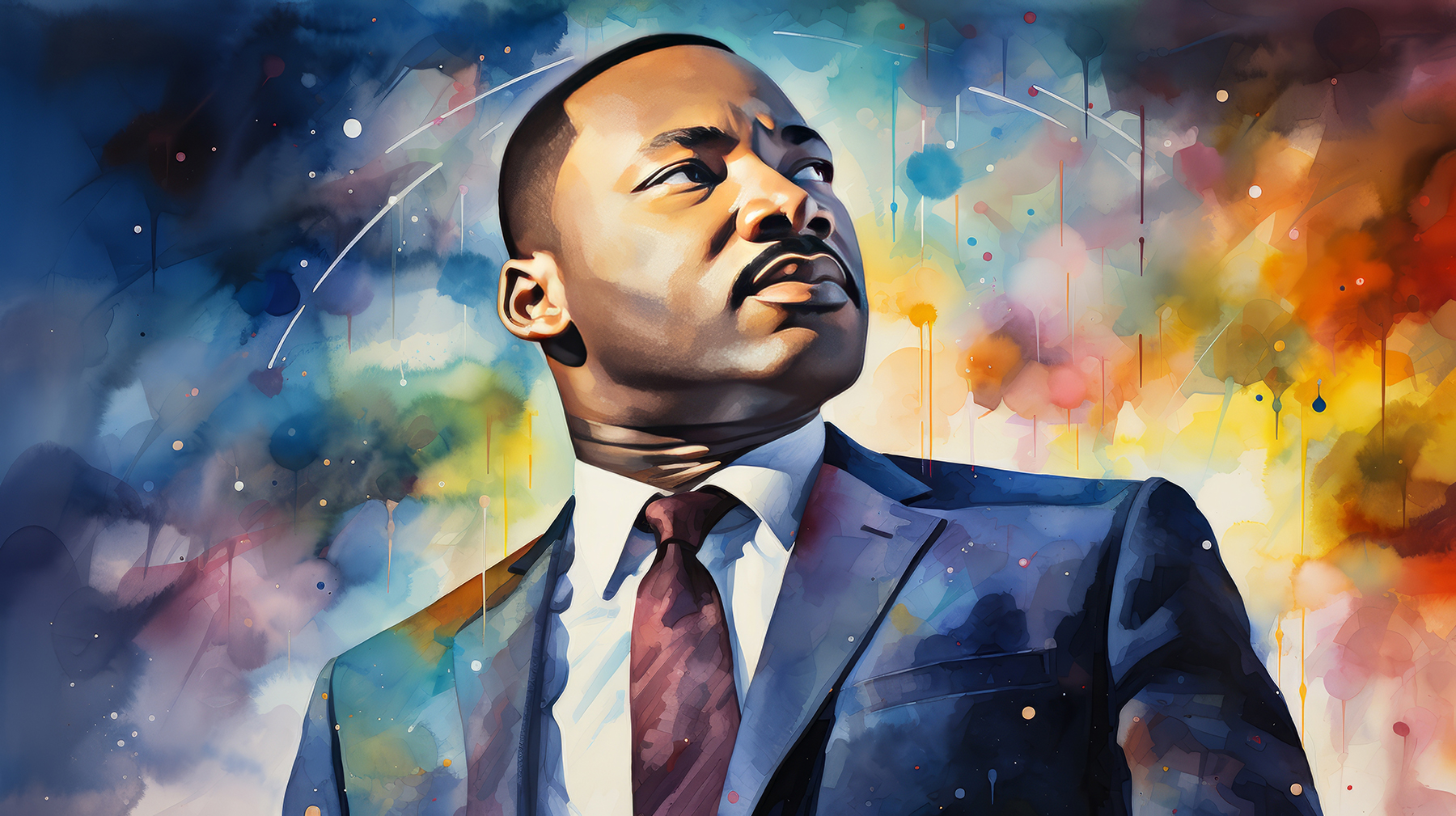
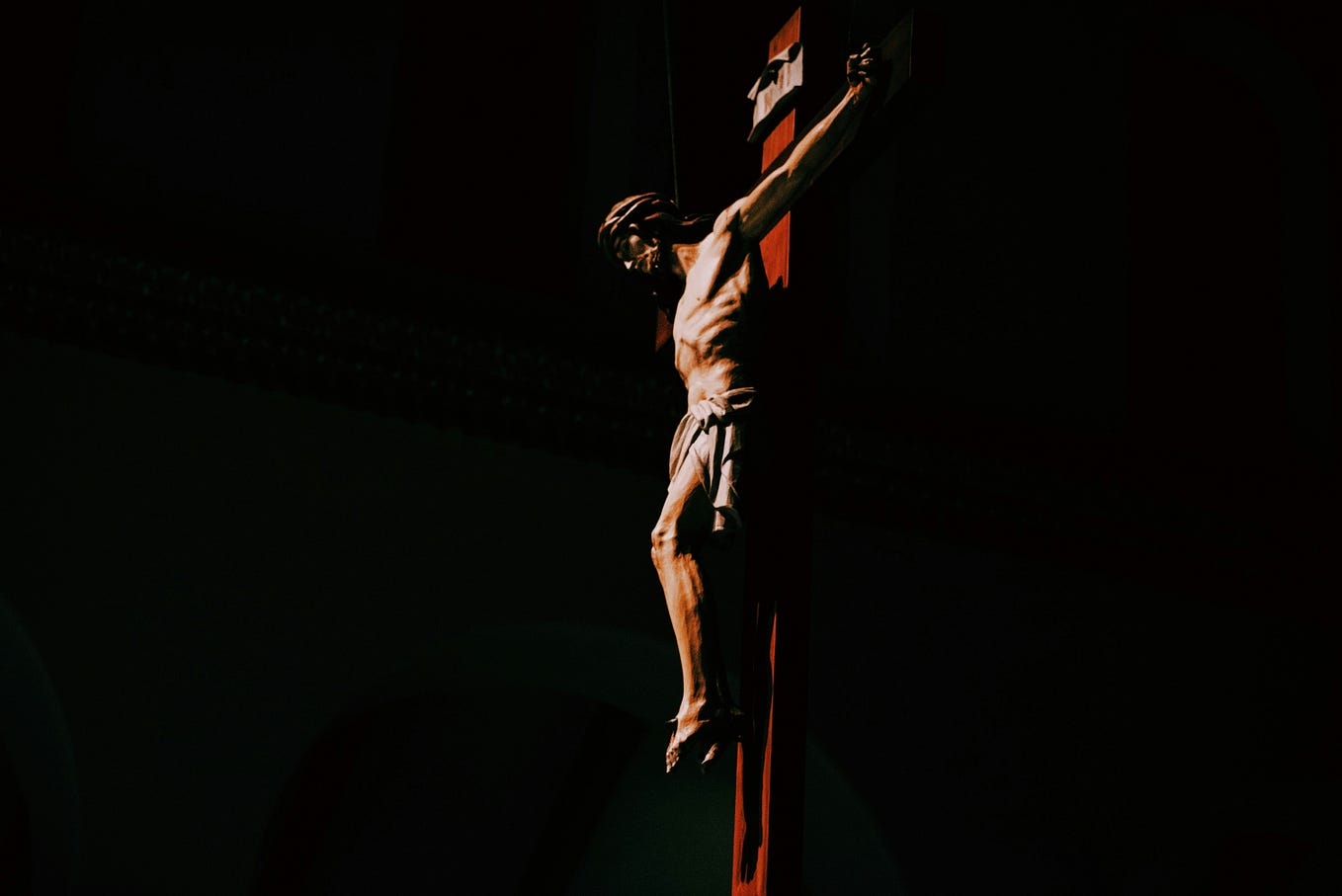
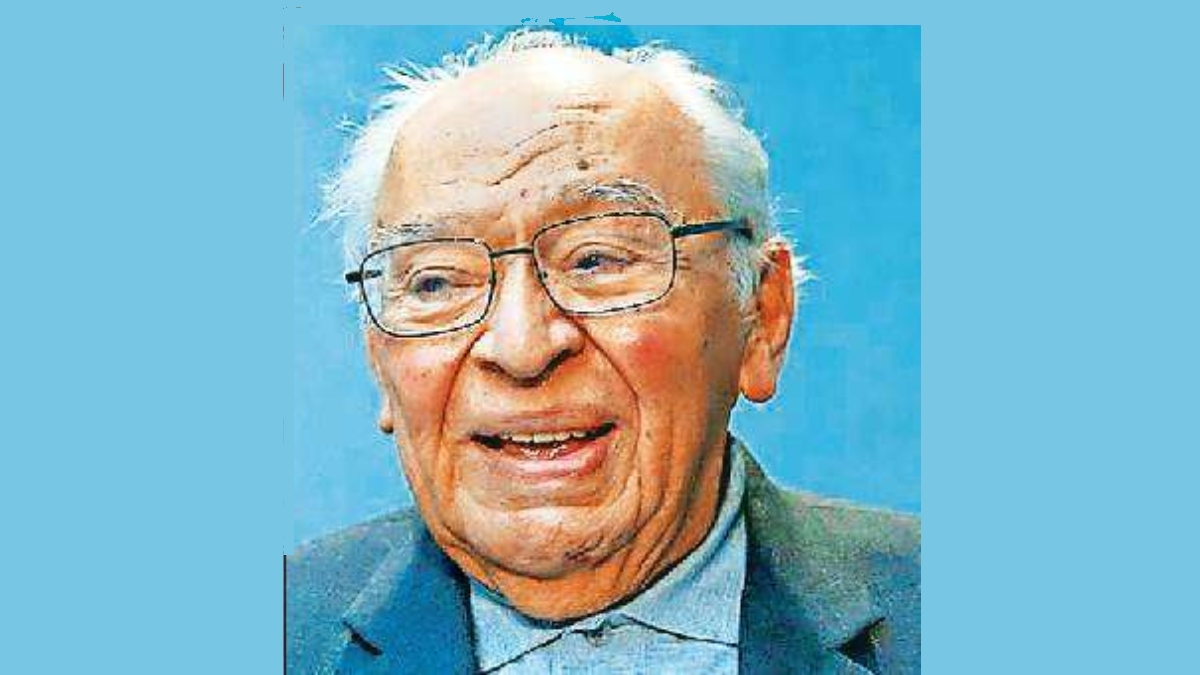
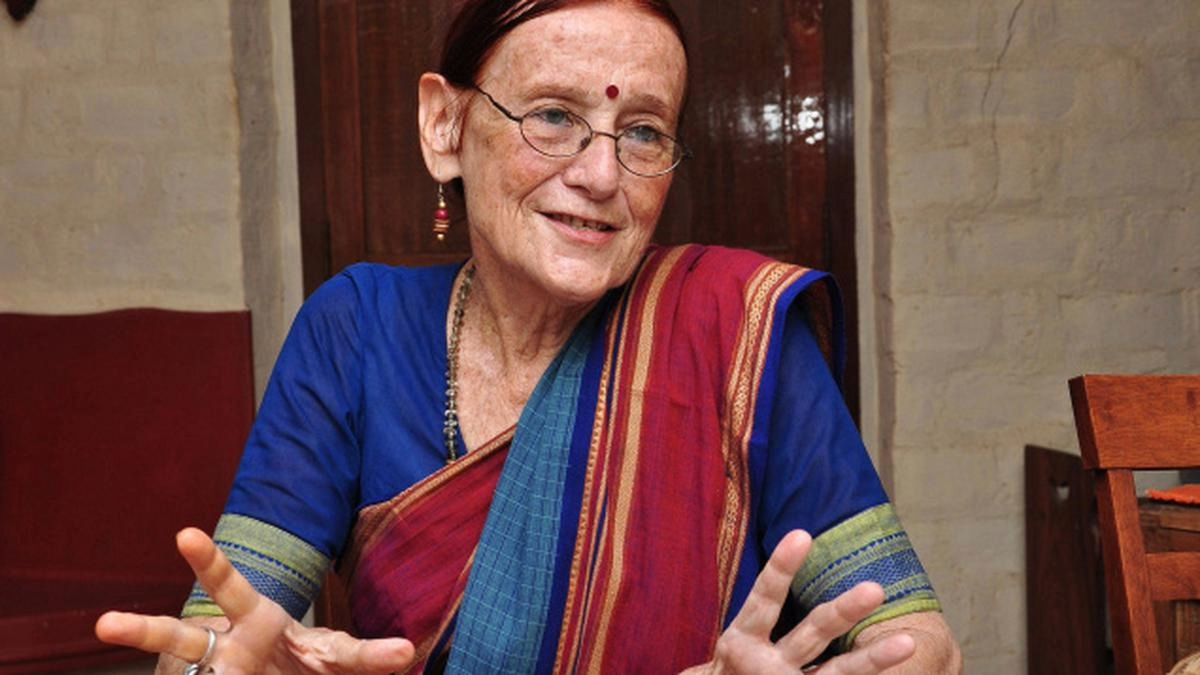
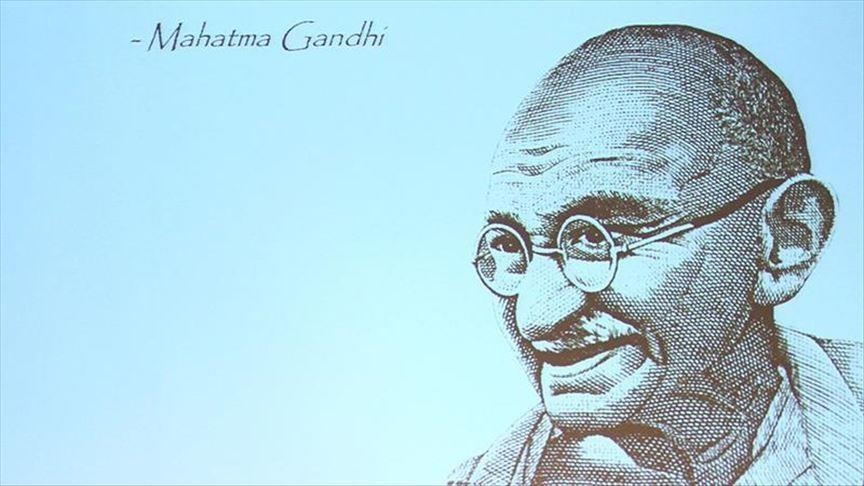
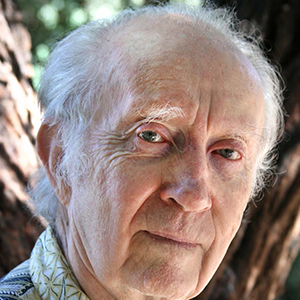

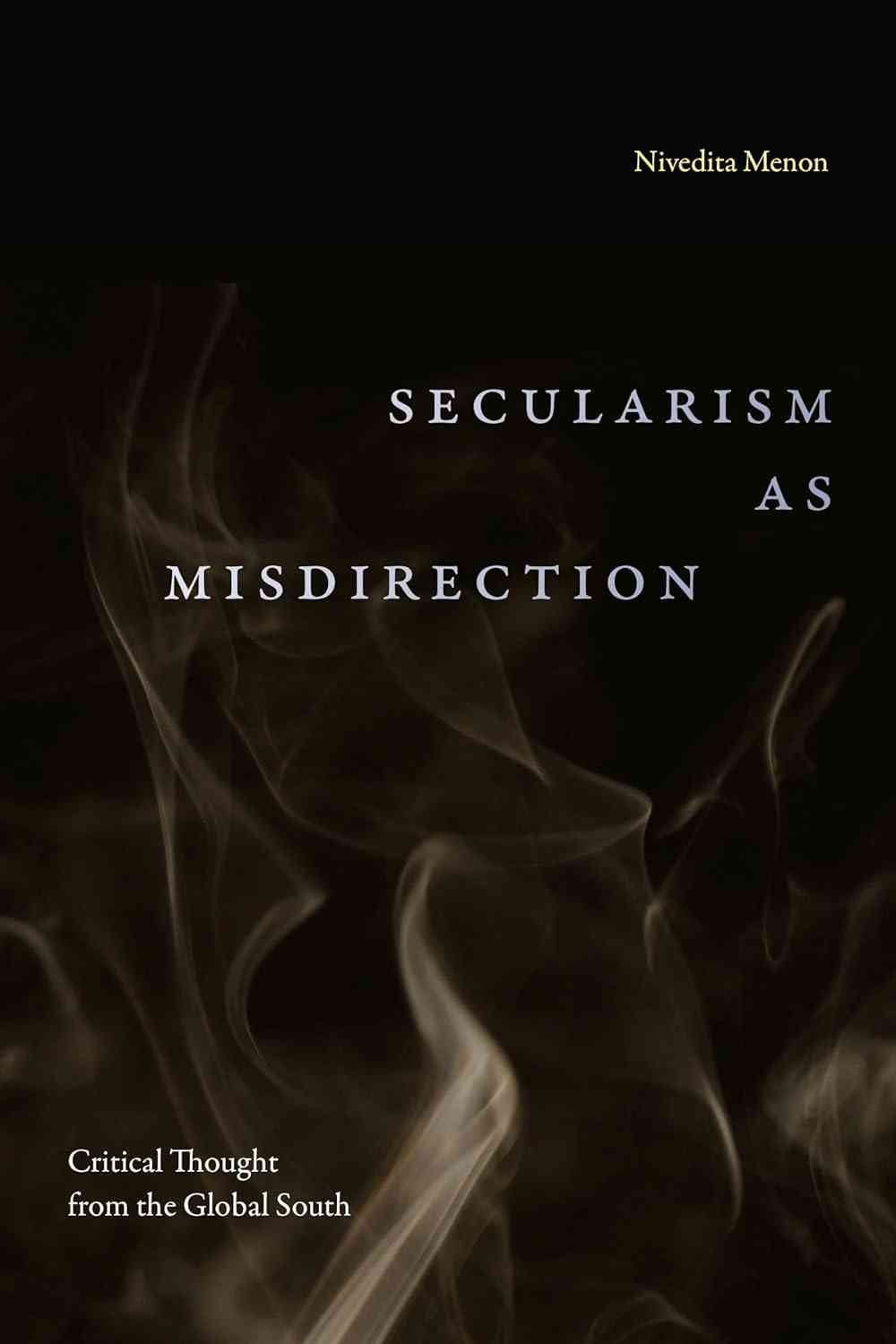
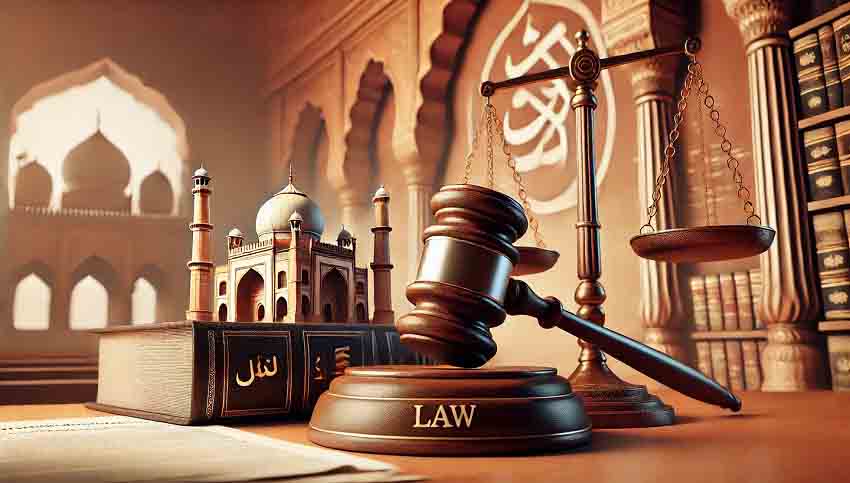
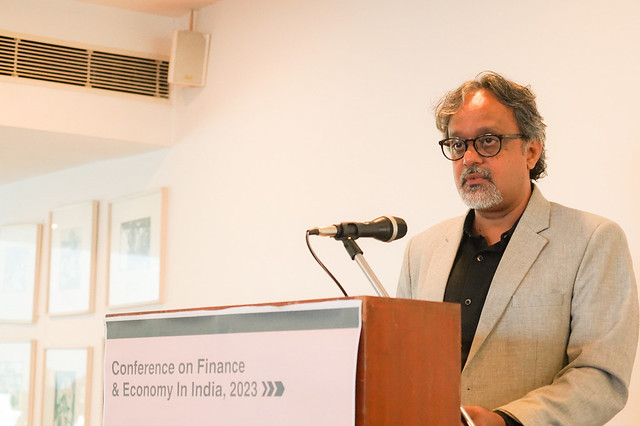


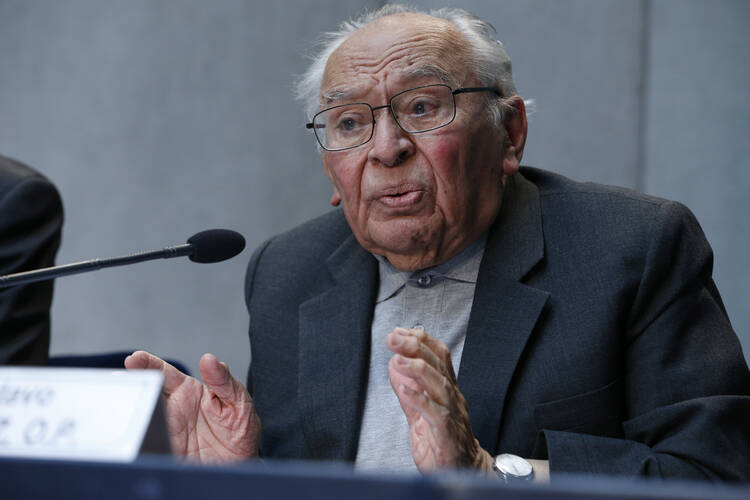
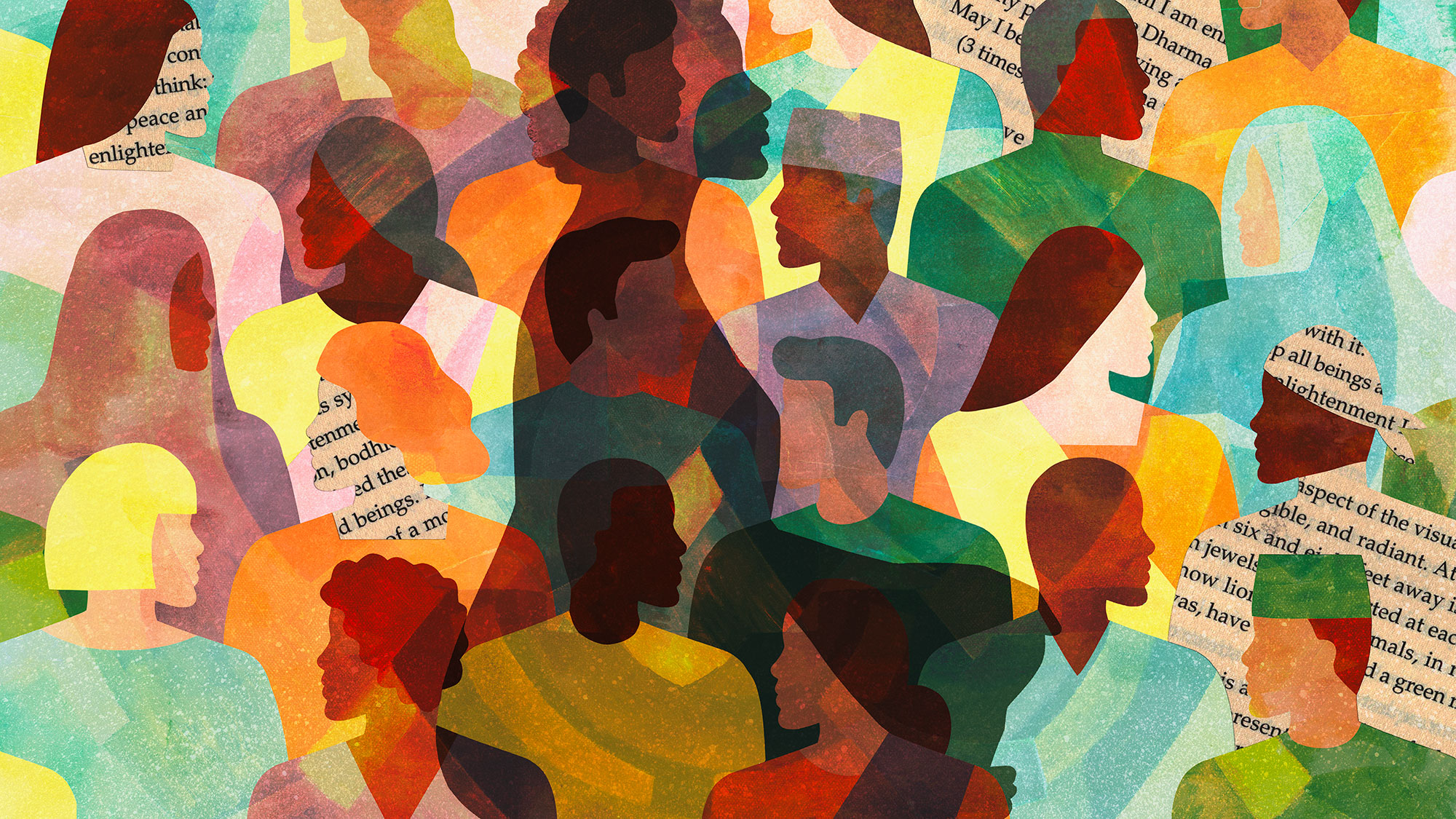
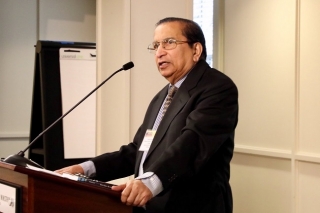
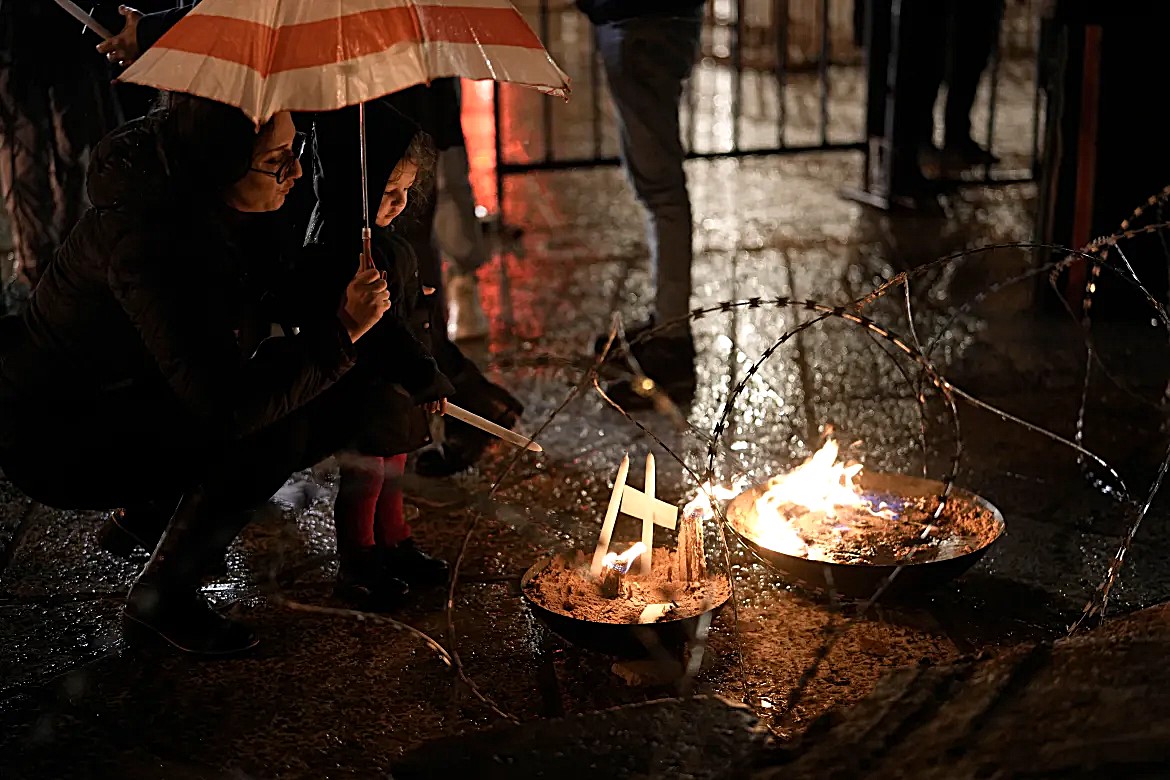
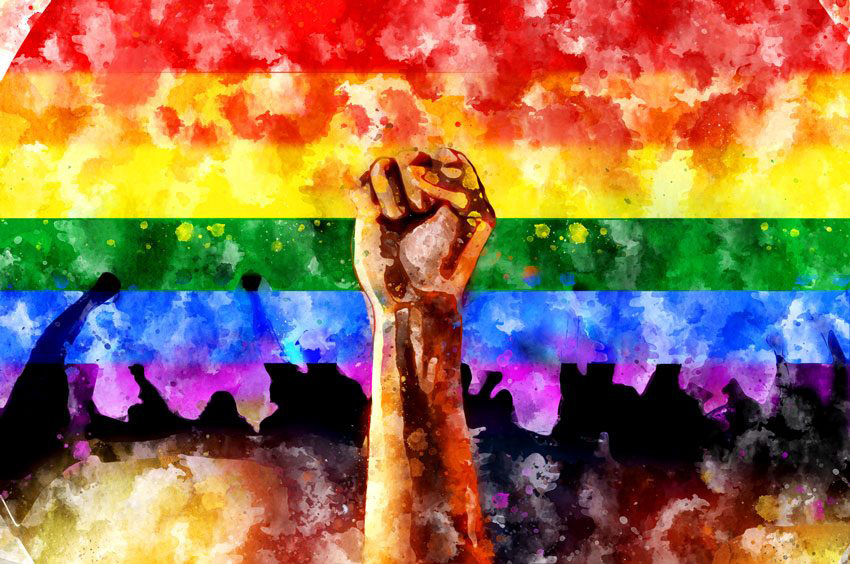
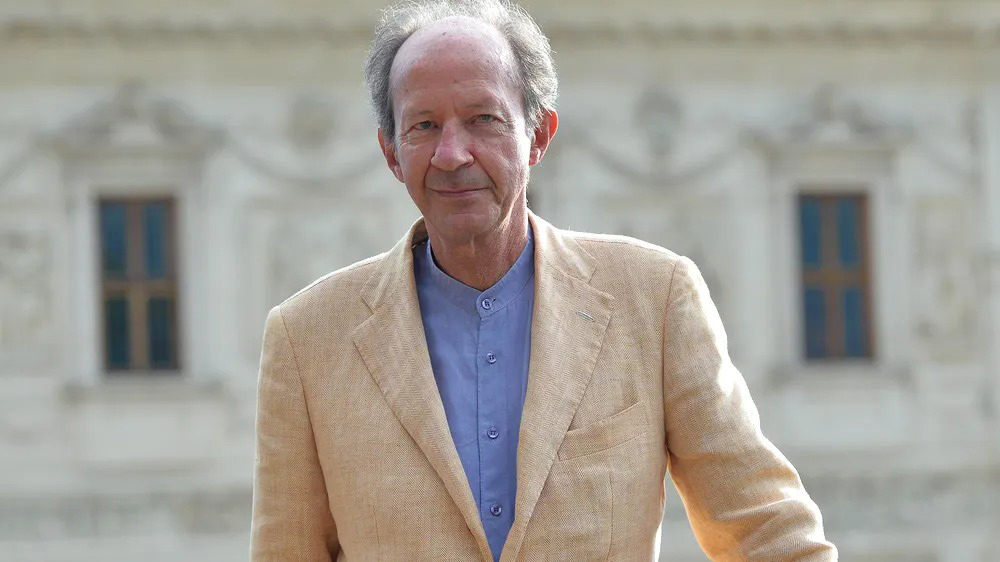

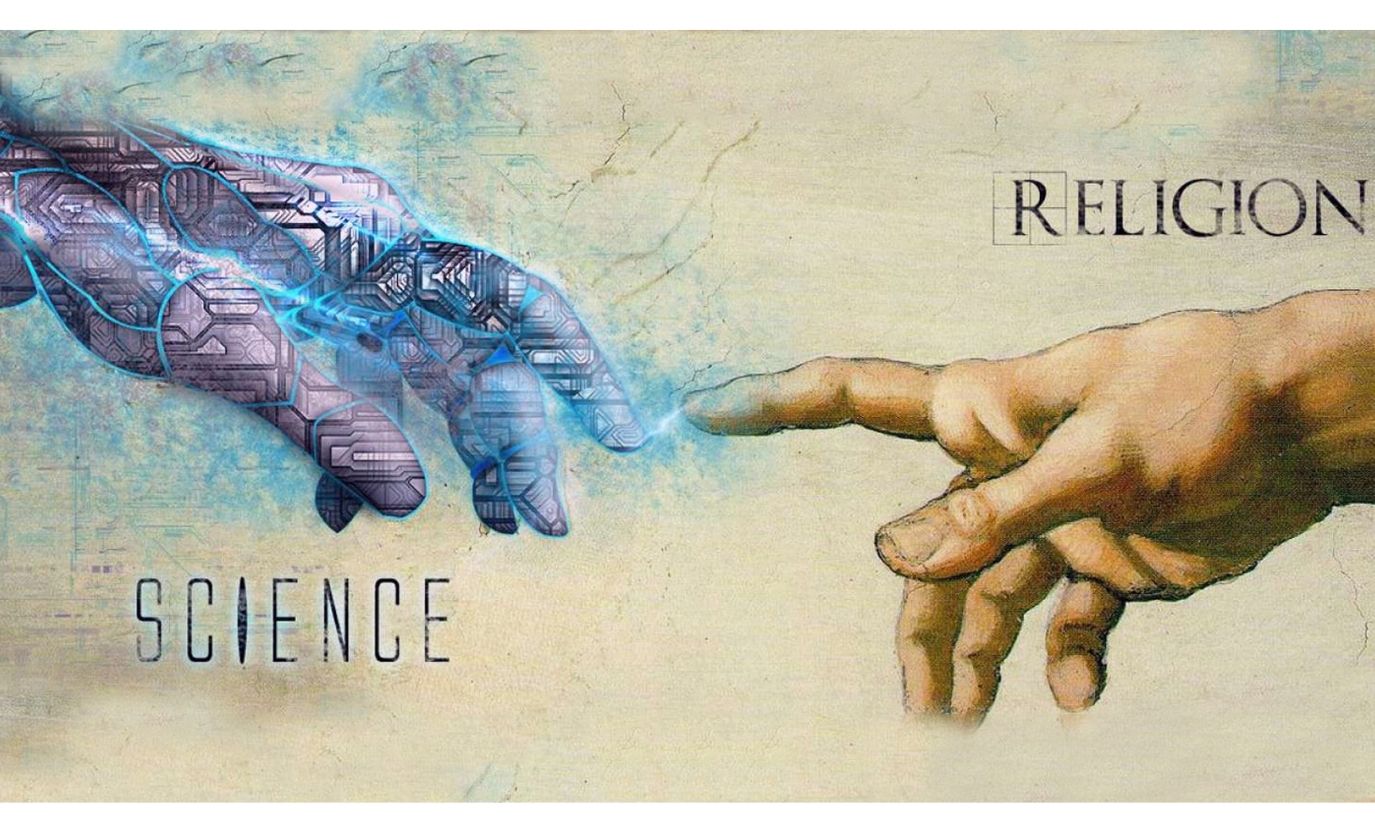
Comments
No Comments